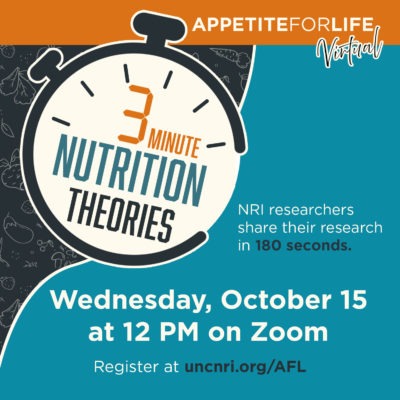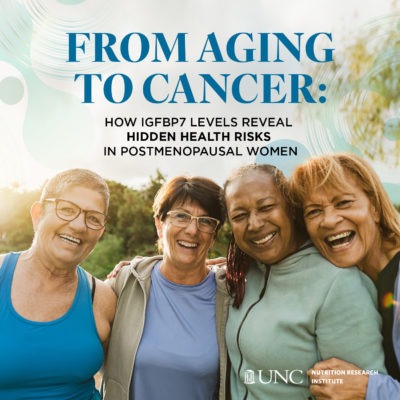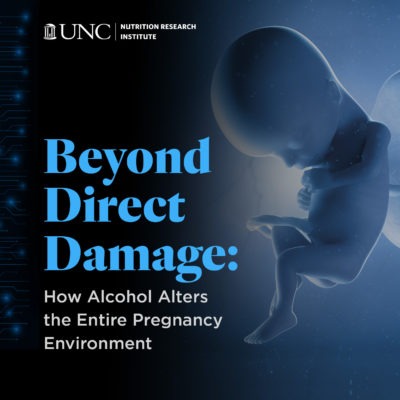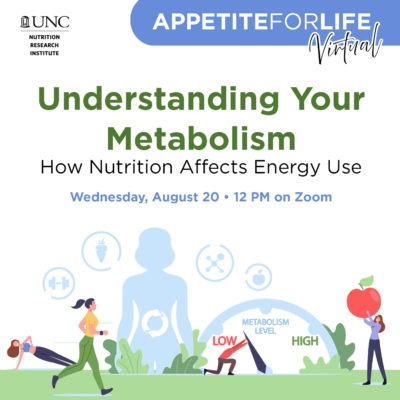Microbiome and Nutrition
The complex community of bacteria, yeasts and viruses living in our intestines, collectively known as the gut microbiome, is shaped, in part, by what we eat. Genetics, environment, and other factors also influence an individual’s microbial community. Research at the NRI investigates these complex relationships and their impact on disease risk. We use animal models and bioinformatics to study the associations between nutritional metabolites, gut microbiome, and health. What happens in the gut doesn’t stay in the gut. Your microbiome can play a role in cardiovascular disease, obesity and diabetes, and even cancer. Our team envisions a future where analysis of your microbiome can determine disease risk, and medical foods can be prescribed to treat and prevent disease by regulating the microbiome.
Publications
Microbiome and Nutrition Publications
2020
Population studies of TMAO and its precursors may help elucidate mechanisms. Meyer K
2019
Association of dietary patterns with the gut microbiota in older, community-dwelling men. Meyer K
2018
Meta-analysis of human genome-microbiome association studies: the MiBioGen consortium initiative. Meyer K
Human microbiota, blood group antigens, and disease. Sumner S
2017
Trimethylamine N-Oxide, the Microbiome, and Heart and Kidney Disease. Zeisel S
2016
Diet and Gut Microbial Function in Metabolic and Cardiovascular Disease Risk. Meyer K
Antibiotic-mediated gut microbiome perturbation accelerates development of type 1 diabetes in mice. Sumner S
Related News
September 2025 AFL Registration
This in-person Appetite for Life event will take you inside the kitchen to explore simple, seasonal recipes that are both delicious and nutritionally balanced.
Appetite for Life: 3-Minute Nutrition Theories
Join us virtually on October 15 at noon for our version of the popular 3-Minute Thesis competition!
From Aging to Cancer: What IGFBP7 Reveals About Women’s Health
What if a simple blood test could reveal who is more likely to face cancer or early death years before symptoms appear?
Beyond Direct Damage: How Alcohol Alters the Entire Pregnancy Environment
Beyond Direct Damage: How Alcohol Alters the Entire Pregnancy Environment[post_date] Dr. Smith’s laboratory studies the molecular mechanisms by which dietary components affect prenatal development. Current work largely focuses upon alcohol and how it causes Fetal...
Back-to-School Nutrition: How What Your Kids Eat Impacts Their Learning
Proper nutrition is the foundation for academic success. Key nutrients like omega-3 fatty acids, antioxidants, and complex carbohydrates are essential for brain function, memory, and cognitive performance.
Understanding Your Metabolism: How Nutrition Affects Energy Use
Join us on Wednesday, August 20 at noon for a free virtual Appetite for Life event with UNC Assistant Professor of Nutrition Blake Rushing, PhD.







